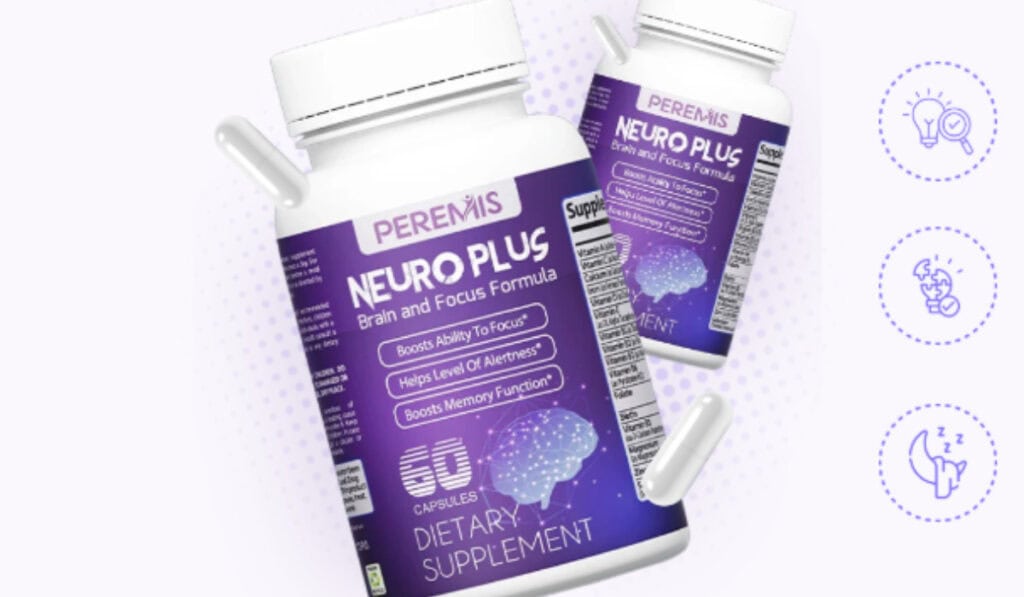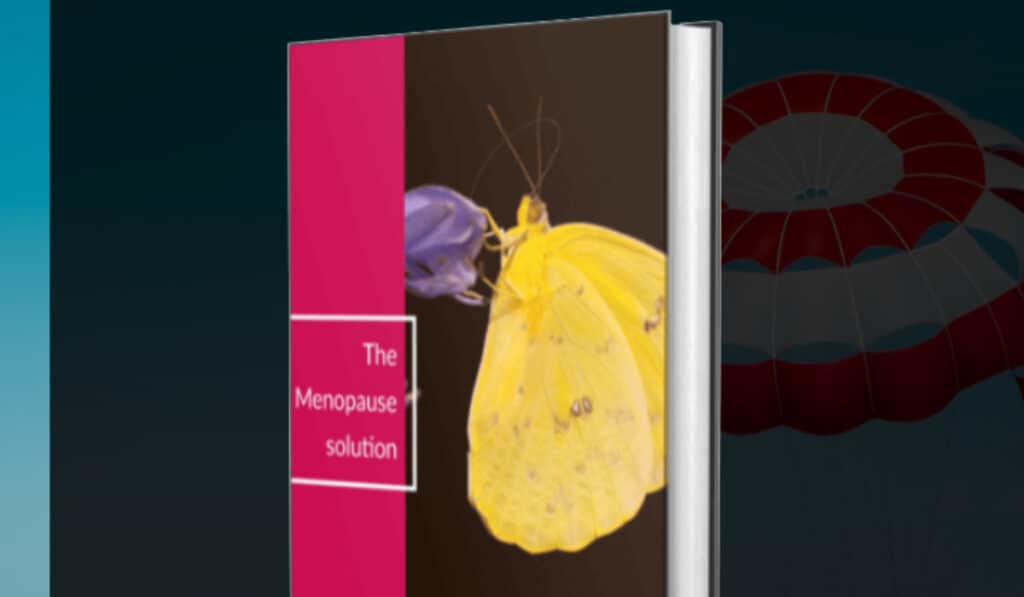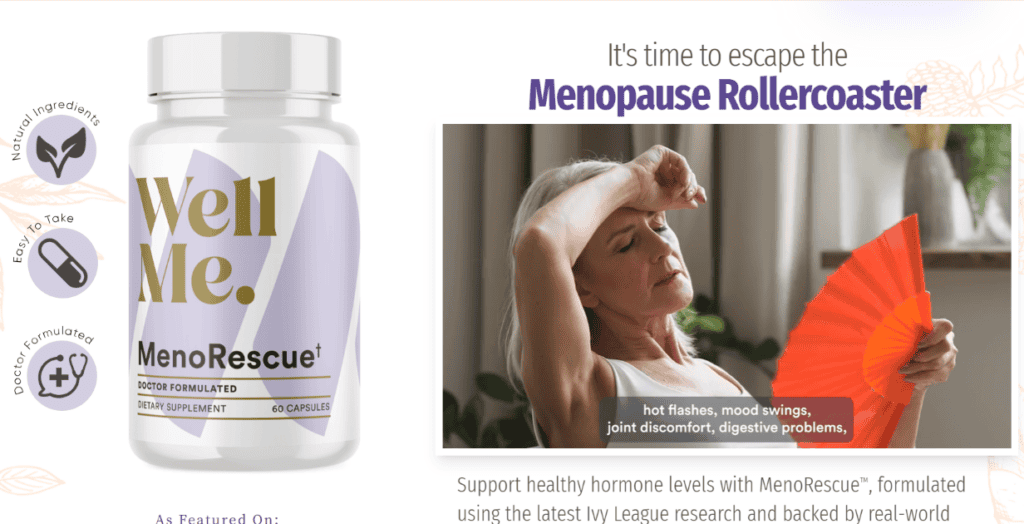Understanding and Overcoming
Experiencing brain fog during menopause is like trying to see through a misty window. Your thoughts might feel clouded, and remembering simple things can suddenly become a challenge. It’s a common part of the menopause journey, affecting many women. But the good news is, it’s manageable. By understanding what brain fog is and how it connects to menopause, you can start to clear the haze and regain your mental sharpness.
Menopause brings many changes, and brain fog is just one. It can make you feel unlike yourself, struggling with memory issues or difficulty concentrating. But remember, you’re not alone in this. Lots of women experience brain fog during this time. By learning more about its causes and exploring strategies to overcome it, you can navigate through menopause more smoothly. You have the power to clear the fog and keep your brain feeling sharp and focused.
Unveiling the Mystery of Menopausal Brain Fog
Brain fog during menopause might feel mysterious, but it’s a well-documented phenomenon. When your brain feels sluggish, and you’re forgetting appointments or where you put your car keys, it’s often linked to the hormonal changes happening in your body. Understanding this connection can help demystify the experience and make it less daunting.
Defining the Phenomenon
Brain fog is not a medical term, but it perfectly captures the feeling many women describe during menopause. It’s when your brain functions seem to slow down, leading to memory issues, difficulty concentrating, and feeling less mentally sharp. It’s a common and very real part of the menopause journey for many.
Prevalence Among Menopausal Women
Lots of women experience brain fog as they go through menopause. It’s a common symptom, along with other menopausal symptoms like hot flashes and trouble sleeping. You’re definitely not alone if you’re feeling this way. Many women find comfort in sharing their experiences and learning that this fog is a normal part of the transition.
The Connection to Menopause Stages
The stages of menopause, from perimenopause to post-menopause, can affect when and how you experience brain fog. Each stage brings its own hormonal changes, which can impact your cognitive function. Understanding this connection can help you find the right strategies to combat brain fog at each stage of menopause.
The Culprits Behind Brain Fog During Menopause
While hormonal changes play a big role in menopausal brain fog, other factors contribute too. Things like stress, poor sleep, and lifestyle choices can all add to the fog. By identifying these culprits, you can take steps to clear the fog and improve your mental clarity.
Hormonal Shifts: Estrogen’s Role
Estrogen receptors in parts of the brain that control cognition and mood may explain why hormonal shifts during menopause can lead to brain fog. Research has shown that changes in estrogen levels can impact the severity of menopause symptoms, including how clear or foggy your brain feels. This insight is vital for understanding and managing brain fog.
Other Contributing Factors
Aside from hormonal shifts, lifestyle factors such as not getting enough sleep, drinking excessive amounts of alcohol, and using illicit substances can also contribute to brain fog. Managing these aspects of your life can help improve your overall cognitive function and clear the menopausal fog.
Strategies for Clearing the Fog
Clearing the fog involves a combination of lifestyle changes, mental exercises, and, when necessary, medical interventions. By addressing the root causes and employing targeted strategies, you can improve your mental clarity and navigate menopause more comfortably.
The Role of Exercise: Beyond Physical Health
Exercise regularly to improve blood flow to the brain, which is vital for brain health. Regular exercise not only boosts your physical health but also has significant benefits for your cognitive function. By incorporating exercises into your routine, you’ll help keep your mind sharp and clear the fog.
Diet and Cognitive Function: What to Eat
A diet rich in antioxidants, like the Mediterranean diet, can boost your brain health. Fill your plate with brightly colored vegetables and fruits, leafy greens, and use olive oil in your cooking. These foods are some of the richest sources of nutrients vital for brain health and can help clear the mental fog.
Importance of Sleep: Quality Over Quantity
During perimenopause and menopause, changes in estrogen and progesterone levels can make trouble sleeping more common. Improving your sleep habits can significantly affect your brain health. Focus on quality sleep, as it helps in maintaining sharp cognitive function and clearing brain fog.
Stress Management and Relaxation Techniques
Mindfulness and meditation are powerful tools for reducing levels of anxiety and stress, which can contribute to brain fog. By adopting stress management and relaxation techniques, you can help clear your mind, improve your cognitive function, and navigate menopause with greater ease.
Cognitive Activities to Sharpen the Mind
Engaging in cognitive activities can help combat brain fog by keeping your mind active. Using calendars and reminders can assist in managing memory issues like forgetting appointments. These strategies, combined with a healthy lifestyle, can significantly improve your mental clarity during menopause.
When to Consider Hormone Replacement Therapy (HRT)
Deciding on taking HRT is a big step in managing symptoms of menopause. If lifestyle factors like diet and exercise have not eased your symptoms, HRT might be the next consideration. It’s especially worth thinking about if brain fog, hot flashes, or night sweats affect your daily life significantly. Always discuss with a healthcare provider to weigh the benefits and risks tailored to your health.
Navigating Treatment and Support
Seeking the right treatment for menopause symptoms can lead to improved mental sharpness and clarity. A supportive healthcare plan not only strengthens nerves but also contributes to overall well-being by ensuring the arteries that supply blood flow to the brain are healthy. This holistic approach is vital in enhancing cognitive function during menopause.
Seeking Professional Help: When and How
If you’re an older adult experiencing menopause symptoms, it’s important to seek professional advice. Specialists in menopause can offer targeted support and treatment options that cater specifically to your needs.
Book a Consultation at a Menopause Centre
Booking a consultation at a specialized menopause centre can be a game-changer. These centers understand the unique challenges you’re facing and offer a range of treatments and support. From discussing HRT to exploring alternative therapies, a consultation provides personalized care tailored to your symptoms and lifestyle.
The Role of Testosterone Therapy
When you’re going through perimenopause and menopause, you might notice changes like night sweats and mood swings. This is because your estrogen levels are changing. But did you know testosterone also plays a role in cognition and the health of your brain cells? Testosterone therapy can help some women by improving cognitive symptoms, alongside other effects on the brain caused by changes in levels of these hormones.
Building a Supportive Community
Finding others who understand what you’re going through can make a big difference. Sharing stories and solutions with people who are also experiencing menopause can give you a sense of belonging and support. This community can become a valuable resource for coping strategies, comfort, and encouragement as you navigate the menopause transition together.
Join the Pause Community for Shared Experiences
Joining the Pause Community offers a space to share your experiences with menopause. Here, you can connect with others who understand the ups and downs of this journey. It’s a place where you can find support, share advice, and learn from the experiences of others who are going through the same things you are. It’s about knowing you’re not alone.
Stay Updated with the Latest from My Menopause Centre
Staying informed is key. My Menopause Centre is your go-to source for the latest information, tips, and research findings about menopause. By keeping up with new insights, you can better manage symptoms and make informed decisions about your health. It’s a way to empower yourself with knowledge and take control of your menopause experience.
Further Exploration and Learning
Exploring more about how menopause affects your body and brain is important. Knowing how your daily life and cognitive performance can change helps you understand what’s happening. This knowledge can guide you in making lifestyle adjustments or seeking professional advice that suits your needs. It’s all about taking charge of your health.
Investigating the Severity of Symptoms and Cognitive Performance
Looking into how severe your symptoms are and how they’re affecting your cognitive performance is a crucial step. This might involve tracking your experiences or talking with a health professional. Understanding these impacts can help you find the right strategies to manage your symptoms and maintain your cognitive health during this transition.
Research on Long-Term Cognitive Health
By 2025, more research on how menopause affects long-term cognitive health is expected. Studies focusing on things like polyunsaturated fatty acids show promise for brain health. Keeping an eye on this research can provide insights into new ways to support your brain health through menopause and beyond.
Taking the Next Step
Taking action is key to managing menopause effectively. Use tools like a symptom checker to understand your experiences better. This can help you communicate more effectively with healthcare providers and find the best strategies for managing your symptoms. It’s about moving forward with confidence and making informed decisions for your health.
How to Stay Proactive in Your Journey
Staying proactive means taking steps to manage your menopause transition actively. This includes educating yourself, seeking support, and making lifestyle changes that benefit your health. By taking these steps, you can navigate menopause with more ease and confidence, keeping your well-being at the forefront.
Beyond the Fog: A Conclusion on Menopause and Cognitive Clarity
Moving through menopause can feel like walking through a fog, but remember, it’s a journey that leads to clarity. Mood swings, memory problems, and sleep issues may challenge you, but they also offer a chance to better understand your body. Learning to relieve stress and stimulate your brain can do wonders. Engaging in cognitive behavioral therapy, as suggested by Harvard Women’s Health Watch, helps many women navigate these changes. Adjusting alcohol intake, finding motivation, and tackling sleep issues are crucial steps. Remember, research, including systematic reviews and meta-analysis published in Obstet Gynecol, shows that hormone levels play a big role, but so do lifestyle choices in maintaining cognitive abilities. You’re not alone on this journey. With the right support and information, you can emerge from the fog with a clearer mind and a stronger sense of self.







